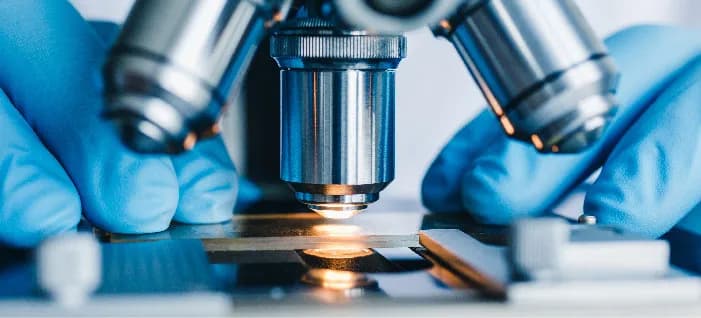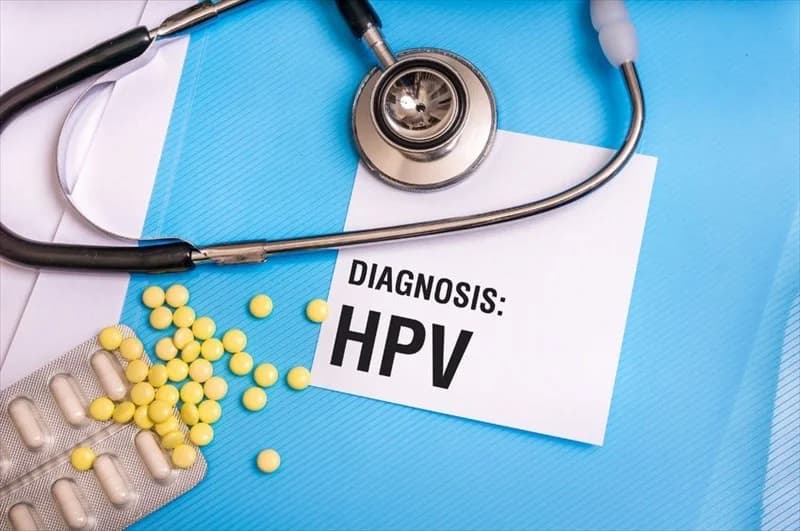The HPV vaccine protects against certain cancers caused by human papillomavirus (HPV) infection. This infection can cause cancer of the cervix, vagina, vulva, penis, anus, and throat; as well as genital warts. The HPV vaccine is recommended for people ages 9 to 26.
What Is HPV & how to prevent it?
Human papillomavirus (HPV) is a highly transmitted virus through sex and any form of skin-to-skin contact. This virus can cause several cancers if left untreated. The most important way to protect against HPV infection is by getting the HPV vaccine. Although using condoms during sex can offer protection against HPV, warts outside the area covered may still cause infection due to skin-on-skin contact. HPV vaccine is recommended for children aged 12 to 13 years old and those at a higher risk.

What is the HPV vaccine?
HPV vaccine protects you from human papillomavirus (HPV), which is a common sexually transmitted virus. There are about 40 types of HPV that can spread through sexual contact. It's so common that 80% of sexually active people will have HPV at some point in their lives. The HPV vaccine protects against the spread of HPV infections and reduces the risk of developing cancers caused by HPV. Some HPV infections may progress to cancer, including:
Cancer of the back of the throat (oropharyngeal cancer)
Who should get the HPV vaccine?
HPV vaccination is recommended at ages 11-12 years. All preteens need HPV vaccination, so they are protected from HPV infections that can cause cancer later in life. Everyone through age 26 years should get the HPV vaccine if they were not fully vaccinated already. HPV vaccination of adults provides less benefit because more people in this age range have been exposed to HPV already. In some cases, adults ages 27 through 45 who weren’t already vaccinated might choose to get the HPV vaccine after consultation about their risks for HPV infections and the possible benefits of vaccination.

Who should not get the HPV vaccine?
Those with a life-threatening allergic reaction to any ingredient of an HPV vaccine
Those with an allergy to yeast (Gardasil and Gardasil 9)
Anyone pregnant
How well do HPV vaccines work?
With a high success rate, HPV vaccination can prevent more than 90% of HPV-attributable cancers. Since the vaccine was first recommended in 2006, fewer teens and young adults are getting genital warts; as well as reduced number of cases with pre-cancers of cervix in young women. The protection provided by HPV vaccines lasts a long time.

What are the side effects of the HPV vaccine?
Just as with any medication, vaccines can have side effects. The most common side effects of HPV vaccine are usually mild and include:
Pain, redness, or swelling in the arm where the shot was given
Fever
Dizziness or fainting (fainting after any vaccine, including the HPV vaccine, is more common among adolescents than others)
Headache or feeling tired
Nausea
Muscle or joint pain
Very rarely, severe (anaphylactic) allergic reactions might occur after vaccination. People with severe allergies to any component of a vaccine should not receive that vaccine.
Conclusion
In conclusion, Human Papillomavirus (HPV) infection is a pervasive health issue with certain types leading to various forms of cancer, including cervical cancer. The advent of HPV vaccines has marked a significant milestone in preventive healthcare, offering protection against the most harmful HPV types. These vaccines have shown high efficacy in preventing HPV infection, thereby reducing the incidence of HPV-related cancers and diseases. However, the success of these vaccines hinges on their widespread adoption and the continuation of regular screenings for early detection of HPV-related conditions.